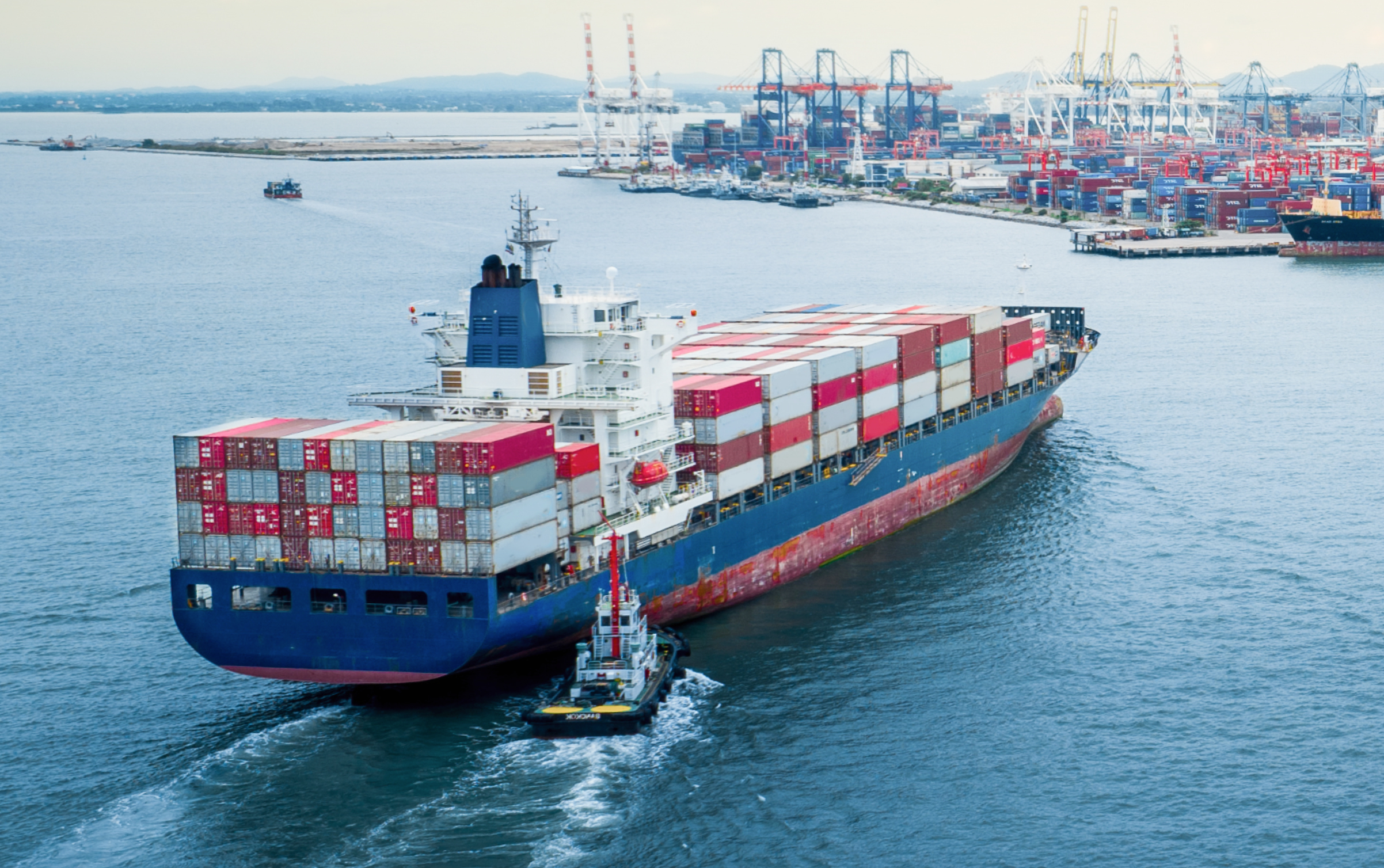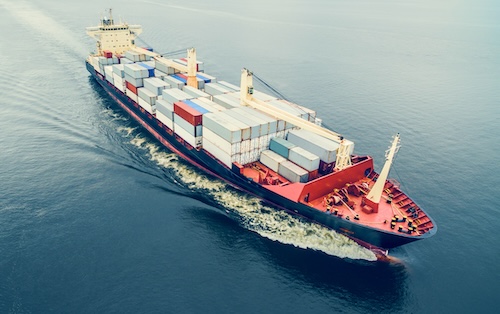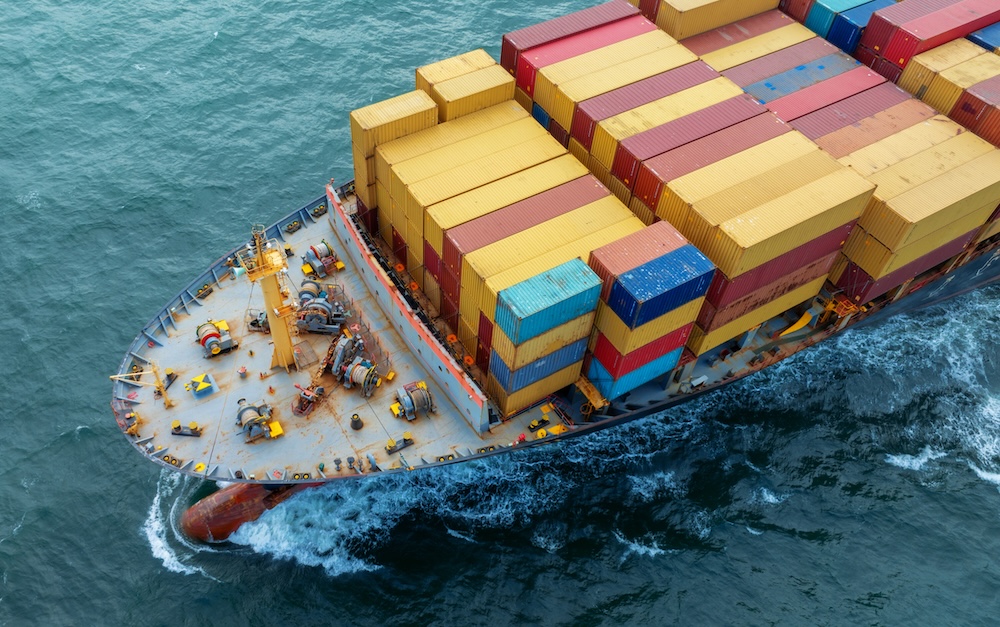The Role of SCL Shipping in Global Supply Chain Resilience

With volatility in the freight markets almost becoming an everyday affair in international trade, building global supply chain resilience is increasingly becoming a necessity for businesses. Businesses battle natural and man-made headwinds to operations of critical supply chains, intensifying their search for strategies to ensure success. In such an environment, SCL shipping can be a game-changer in ensuring supply chain resiliency.
SCL shipping offers flexible container shipping and cost-saving opportunities, which are key to enhancing the resilience of global supply chains. This article explores how businesses can leverage these benefits to strengthen their operations.

1. SCL Shipping Mitigates Risk
While shipping is a key aspect of any supply chain operation, it is also the segment where businesses are exposed to several risks, including delays, damages, and unexpected costs. SCL shipping looks to smoothen freight operations at an optimized cost by combining the best attributes of less-than-container-load (LCL) and full container-load (FCL) shipping. SCL shipping offers the safety of FCL shipping at a price point and flexibility superior to LCL shipping.
This allows businesses using SCL shipping to operate more agile and sustainable shipping solutions. Achieving supply chain resilience involves designing efficient supply chains that respond effectively to disruptions without compromising on performance.
Increased Diversification and Reduced Disruption
The nature of SCL shipping is such that businesses only have to ship what they need at any particular time. Instead of leveraging FCL shipping, they can partner with other businesses to fill up the container, reducing costs through shared container load in shipping.
This diversification minimizes the impact of disruptive factors such as port congestion, transloading issues, or geopolitical events, providing businesses with enhanced operational stability.
Improved Inventory and Supply Chain Management
Inventory management is another critical aspect of any supply chain operation. SCL shipping enables businesses to enhance planning and ship what they need without excessive costs. This approach reduces shipping and inventory holding costs while allowing businesses to avoid inventory obsolescence, a frequent issue in traditional shipping models.
By aligning shipments with real-time needs, SCL shipping offers both flexibility and cost-effective freight solutions.
2. SCL Shipping Improves Cost Efficiency
Cost efficiency is central to any agile supply chain operation. Reducing the cost of supply chain logistics is particularly important in today’s dynamic market, where exposure to risks is increasing.
Cost-Effective Shipping Solution
The shared container load model allows businesses to ship smaller quantities at a reduced cost compared to traditional FCL shipping. This makes SCL a cost-effective freight solution for businesses handling less than full container loads.
Shipping only what is necessary saves costs on two fronts: reduced inventory holding costs and minimized shipping expenses. This makes SCL freight more affordable and optimized than FCL and LCL shipments at certain volumes.
Optimized Capacity Utilization
Traditional container shipping often leaves shippers with unused container space, but SCL shipping ensures optimal resource utilization. By filling containers with consolidated shipments, businesses reduce empty space and improve efficiency, enhancing both cost savings and shipping processes.
3. SCL Shipping Promotes Sustainability
As the world grapples with the effects of uncontrolled carbon emissions, sustainable shipping solutions are becoming a priority. SCL shipping supports this shift by streamlining operations and reducing waste.
Reduced Carbon Footprint
With SCL shipping, there is no need for two businesses to ship containers that are half-full. They can always share the same container, and when enough businesses do this, the carriers don’t have to move as much. This consolidation model reduces carbon emissions for all stakeholders involved in the process. It can make a significant impact since logistics operations amount to 7% of global greenhouse gas emissions.
As detailed earlier, SCL shipping consolidation also has immense benefits for the shippers, such as cost savings and improved inventory management. But beyond that, it also enhances the businesses' appeal to customers. Consumers are willing to pay 10% as a sustainability premium.
How Silq Leveraged Its SCL Shipping Solution to Help a Business Improve Supply Chain Resilience
A mid-sized importer of organic produce was facing a familiar dilemma. Their shipments from Southeast Asia were often too small to justify a full container load (FCL), yet the traditional Less-than-Container Load (LCL) option meant frequent delays and unpredictable costs.
Balancing inventory needs with shipping expenses was a constant struggle, and unexpected supply chain disruptions often left them scrambling. Then came the pandemic, throwing global supply chains into chaos. Shipping costs skyrocketed, delays became the norm, and the company's carefully crafted logistics plan was in tatters.
Silq presented a fresh approach: shared container load in shipping. The importer partnered with other businesses to share container space, paying only for what they used. Silq's platform provided transparency and real-time tracking, offering peace of mind amidst uncertain times. The guaranteed weekly sailings ensured steady inventory flow.
Through Silq's SCL solution, the company weathered the storm, achieving cost savings, improved inventory management, and enhanced global supply chain resilience. This innovative model also reduced their carbon footprint, aligning with sustainable shipping solutions.
Leveraging Silq’s SCL Shipping Solution
Silq’s SCL shipping solution transforms ocean consolidations to serve high-volume needs. It is the cheapest way to move shipments between 15-50cbm, allowing shippers to only pay for what they use. By consolidating shipments with no more than three businesses per container, Silq ensures efficiency without compromising speed.
Shipping and supply chain managers trust Silq for its blend of human expertise, data-driven insights, and innovative technologies. Get started with Silq today and experience the difference in optimized, sustainable shipping solutions.
Ready for Supply Chain Predictability?
Importers using Silq ship smarter, safer, and with total control.







